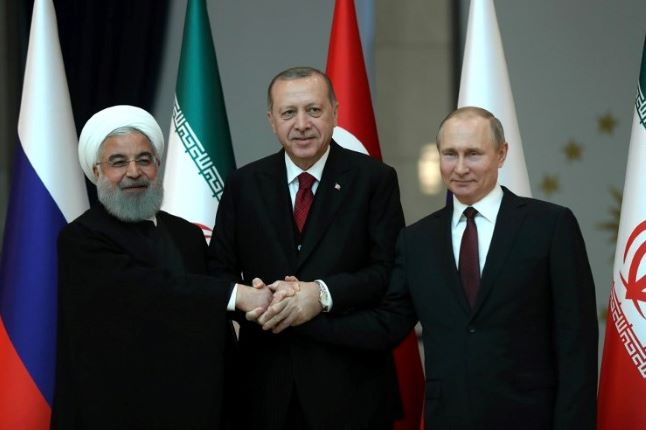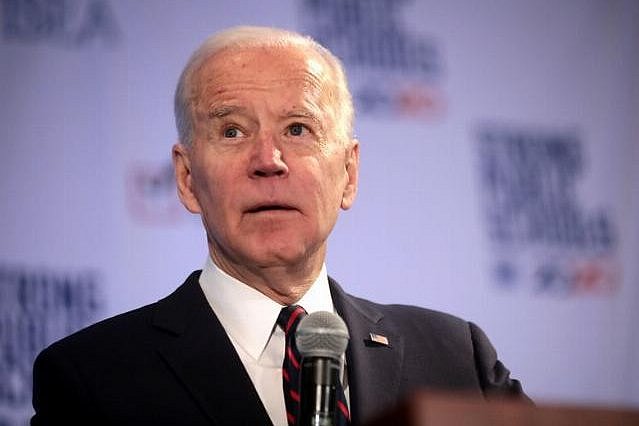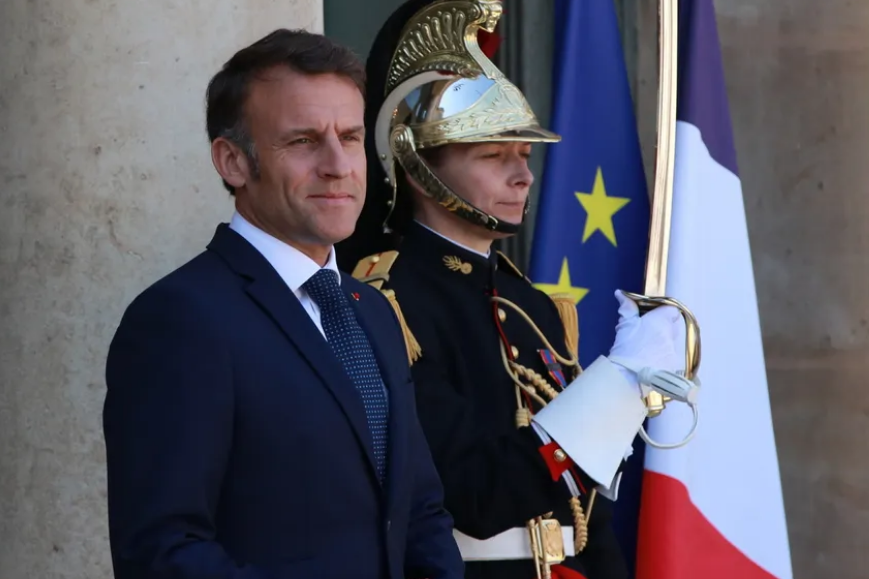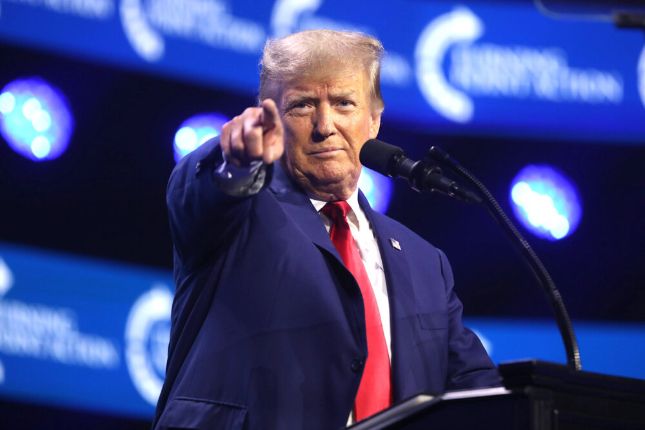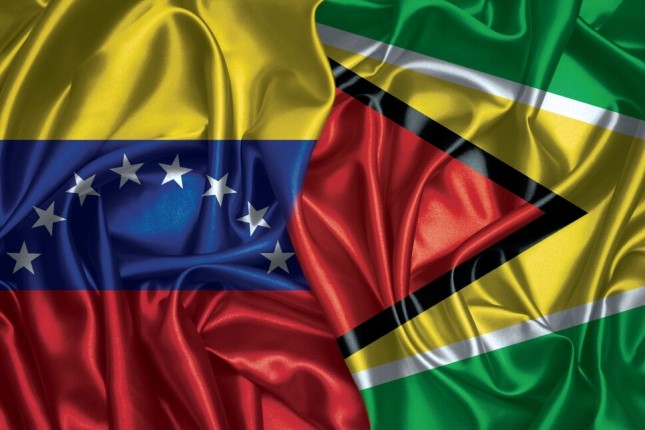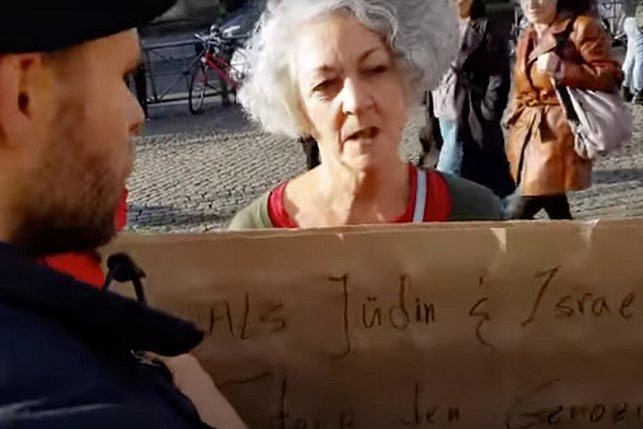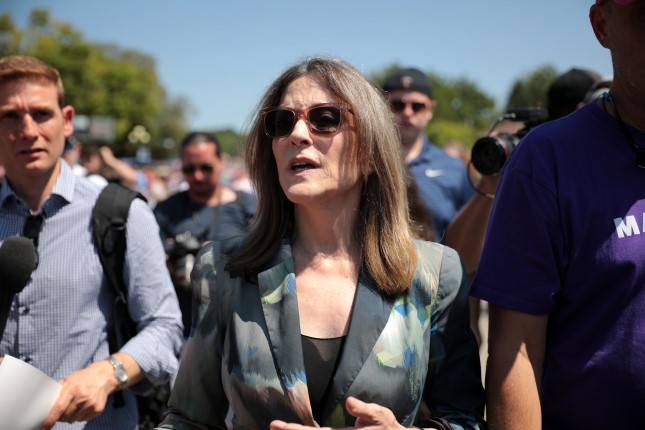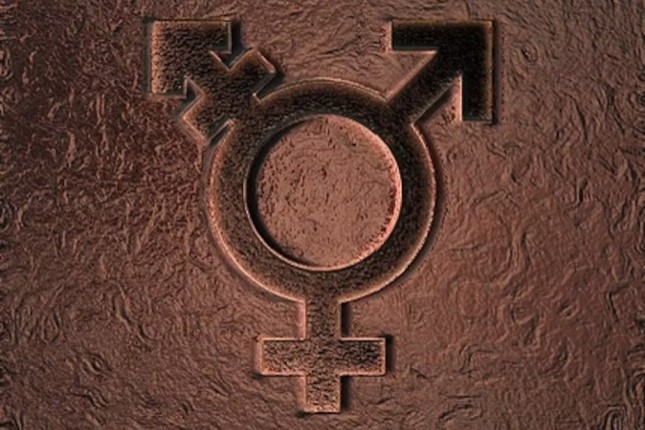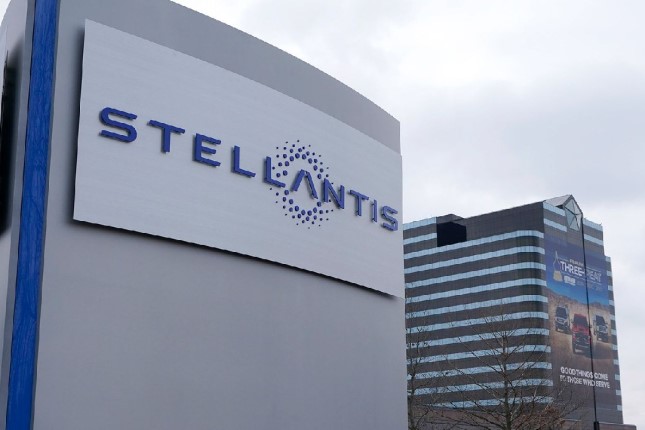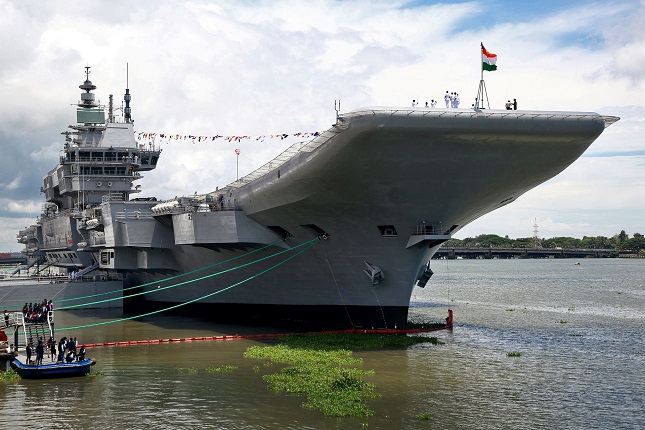On Tuesday, July 19, a trilateral meeting of Russian, Iranian and Turkish presidents Vladimir Putin, Ebrahim Raisi and Recep Tayyip Erdogan was held in Tehran. On the sidelines of the summit, Putin held equally important bilateral talks with Iranian Supreme Leader Ayatollah Ali Khamenei and Erdogan. Formally, the Astana Troika summit was devoted to the situation regarding Syria. The agenda appears to have included more global issues related to coordinating efforts under the new military, economic and political reality.
In early 2017, the Astana Troika was created after talks in Kazakhstan on the peaceful settlement of the conflict in Syria. At that time, the leaders of the leading players concerned – Russia, Turkey and Iran – issued a joint statement and agreed to meet regularly to discuss the Syrian case so that the contradictions between the parties would not turn into a major regional war. Now that Ankara has pre-announced another operation against the Syrian Kurds intending to take control of large parts of Syria, the Troika has met again.
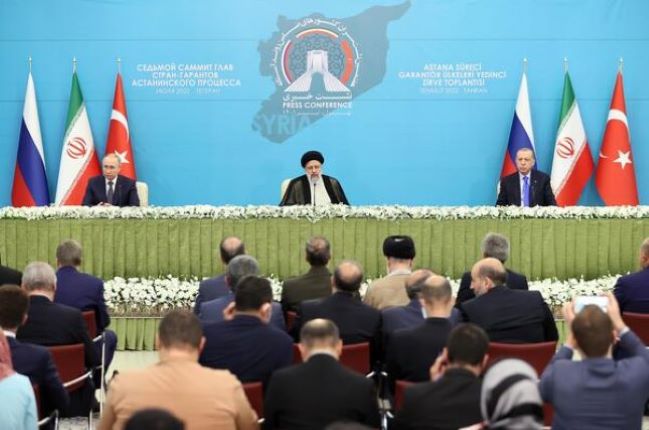
The official results of the meeting were relatively modest. Russia, Iran and Turkey confirmed that "the territorial integrity of Syria must be preserved." It is clear that after the summit, everyone, especially Erdogan, will interpret this statement in their way, and we will only be able to say what they agreed upon as we follow the developments in the Arab republic.
However, judging by the emphasised lack of media attention to the formal topic of the meeting, in reality, much more important issues were discussed there. Only scattered strokes allow us to judge the essence of these issues. For example, for the first time, Iran's supreme leader Khamenei clearly and openly supported Russia in the conflict in Ukraine. "If the way is open for NATO, this organisation knows no boundaries. If NATO had not been stopped in Ukraine, it would have started the same war using Crimea as a pretext," the Iranian news agency Fars quoted Khamenei.
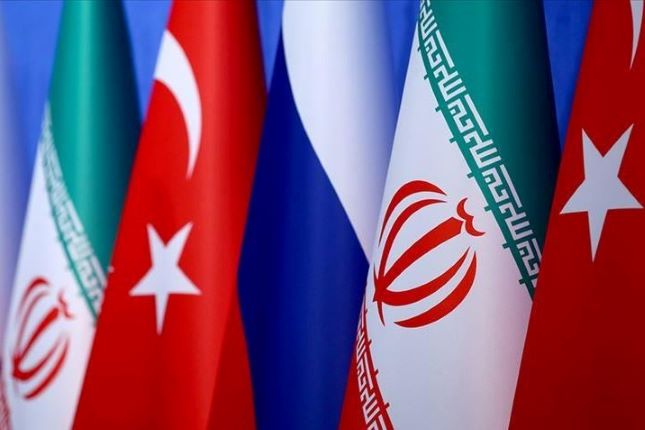
Supporting Russia in its confrontation with the alliance in itself is significant. Still, such an anti-NATO attack against the background of a visit by the president of NATO member Turkey would have looked relatively crude in the East and unacceptable in Persian diplomatic tradition had it not been coordinated with the Turkish side.
In this way, Erdogan makes it clear, along with the Turkish analytical media, which have been discussing this topic for a long time, that he is ready to leave NATO and looks to see if he can join BRICS after Iran. To join the club of "very big" players with a claim to global influence, especially since he knows very well that Sweden and Finland, which want to join NATO, would most likely not give up their rebellious Kurds. The Turk can hardly bear such an insult. That is why he demonstrates that he is seriously considering leaving the alliance, bogged down in a proxy war with Moscow, a war which might escalate into a direct clash between NATO and Russia at any moment.
Apparently, no less important was another of the East's favourite themes - money, the prospect of quick profits from circumventing the anti-Russian sanctions. Ankara and Tehran dream of jumping in a "luminous feat of generosity" with both feet. Russian leader Vladimir Putin said he had discussed with Erdogan the grain supply from Russia and Ukraine to world markets, and the two sides were pleased with the talks in Istanbul last week.
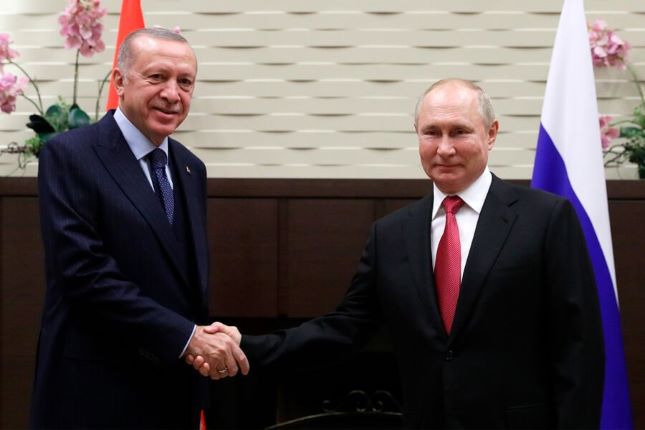
The above means that Turkey could practically be the operator of the most extensive food supplies to the world market in the face of an impending famine. And it is precise to those countries in the Middle East and Africa that have been the target of Turkey's active expansion over the last decade. The stern Erdogan was so pleased with the results of his meeting with the Russian president that he even called Putin his brother.
Tehran has no intentions to lag behind Ankara either. It was announced in July that test cargoes would pass the North-South transport corridor from Russia via a railway line running around the Caspian Sea from the East to Iran and then by sea to India. The path has shown its viability, and Tehran intends to "cherry-pick". The commonality of interests between Turkey and Iran is clear: this is not just a "bid" but a de facto move from regional powers to the "major league". It could signify joining the BRICS, a platform where Russia, India and China set the tone.
All of this is happening amid an utterly failed US President Joseph Biden's visit to the region. He made silly statements and could not look like a great power leader. The Arabs, once loyal to Washington, met Biden by a formidable obstruction and de facto refused to meet on all his issues. Saudi Arabia and the United Arab Emirates, which recently maintained even relations with Russia, are increasingly looking north. They do not want to go to war with Iran or quarrel with Turkey, and the perfect balancing act here is trusting relations with Moscow. However, they want to continue to "cherry-pick" from the situation around the anti-Russian sanctions: trading Russian fuel oil and heavy oil with the rest of the world and profiting from financial transactions.
